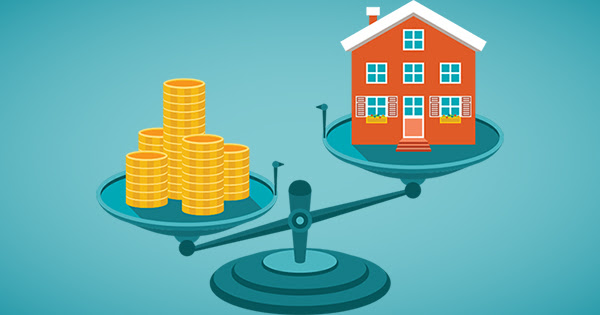Buying
a home is often the biggest purchase we make in our lifetime. It can provide financial
and income tax benefits, as well as emotional satisfaction. With the buying
season just around the corner, potential buyers should get their finances in
order and get pre-approved for a mortgage before starting their hunt.
It’s
important for buyers to know the tax implications and deductions of becoming a
homeowner. Did you know that buying a house can qualify you for breaks on your
income tax like tax deductions for mortgage interest, property taxes, and
special treatment of gains when the home is sold? You should consult with your
tax advisor to get a complete understanding of how the tax laws may apply to
your situation.
Let’s take a quick look at the applicable tax credits and
deductions when it comes to owning a home. Keep in mind these rules only apply
to a personal residence, not an investment property, vacation home, home office
or rental unit.
The tax benefits of home ownership can be substantial.
Down Payment
Closing Costs
Repairs, Remodeling, Construction Costs
So, what can
I deduct?
Benefits on the sale of your home
Even though your down payment is not tax deductible, using cash
from your retirement plan to fund the down payment can have tax advantages.
When you cash out, let the plan administrator know you intention for the
distribution. If you are under age 59 ½, you can avoid the early withdrawal
penalty if you are a first time home buyer and the funds are used for things
like buying, building or rebuilding a first home. Keep in mind that even though
you avoid the penalty you will still owe taxes on the amount of the
distribution.
Closing costs are not deductible. However, be sure to carefully
review the escrow settlement statement for deductible items such as property
taxes and loan origination fees (points). Keep track of the closing costs
associated with any refinancing as these can lower a profit when you sell the
home. Points paid in a refinance can be amortized over the life of the loan and
deducted on your tax return.
Any repairs, remodeling, and construction costs made to your
home are also not deductible unless they are for major improvement such as a
new water heater, roof replacement, additions, kitchen remodels, new windows,
etc. Non-deductible items include plumbing repairs, maintenance, painting, and
cleaning. Do not dispose of any of these receipts while you own the home as all
of these expenses can be added to basis to reduce taxable gains when you sell.
Many homeowners find that the amount they pay in interest on
their mortgage and annual property taxes is enough to incent them to itemize
their deductions. Should you chose to deduct mortgage interest and property
taxes, you can use Form 1098 which you will receive in January of each year,
showing how much you paid in mortgage interest. If you have an impound account
with the lender, the total amount paid in property taxes will be reflected on
this form as well.
Another way some homeowners can qualify for additional
deductions is by getting a home equity loan. Since the interest paid on a home
equity loan qualifies as a deduction, the money borrowed could be used to pay
off other debts where the interest is not deductible.
For many years, tax laws allowed you to avoid paying capital
gain taxes when selling your home only if you rolled over the proceeds into a
home that was more expensive. There were also some rules that allowed
individuals over the age of 55 to avoid some taxes.
In
1997, those rules were changed. Now the IRS may allow you to exclude any gains
on selling your house if you meet certain requirements. Always consult your tax
advisor for more details.
The
tax benefits of home ownership can be substantial. Always check with a tax
expert prior to purchasing your home to make sure you’re getting the tax
benefits you’re expecting. Be sure to keep good records regarding the purchase
of the home and any improvements you make. Pay attention to when you make
property tax and mortgage payments to ensure they fall in the year you want to
take them as itemized deductions. Finally, if you have special circumstance(including a potential large gain if selling your home), always get an experts advice to make sure you get the maximum benefits allowed under tax laws.












